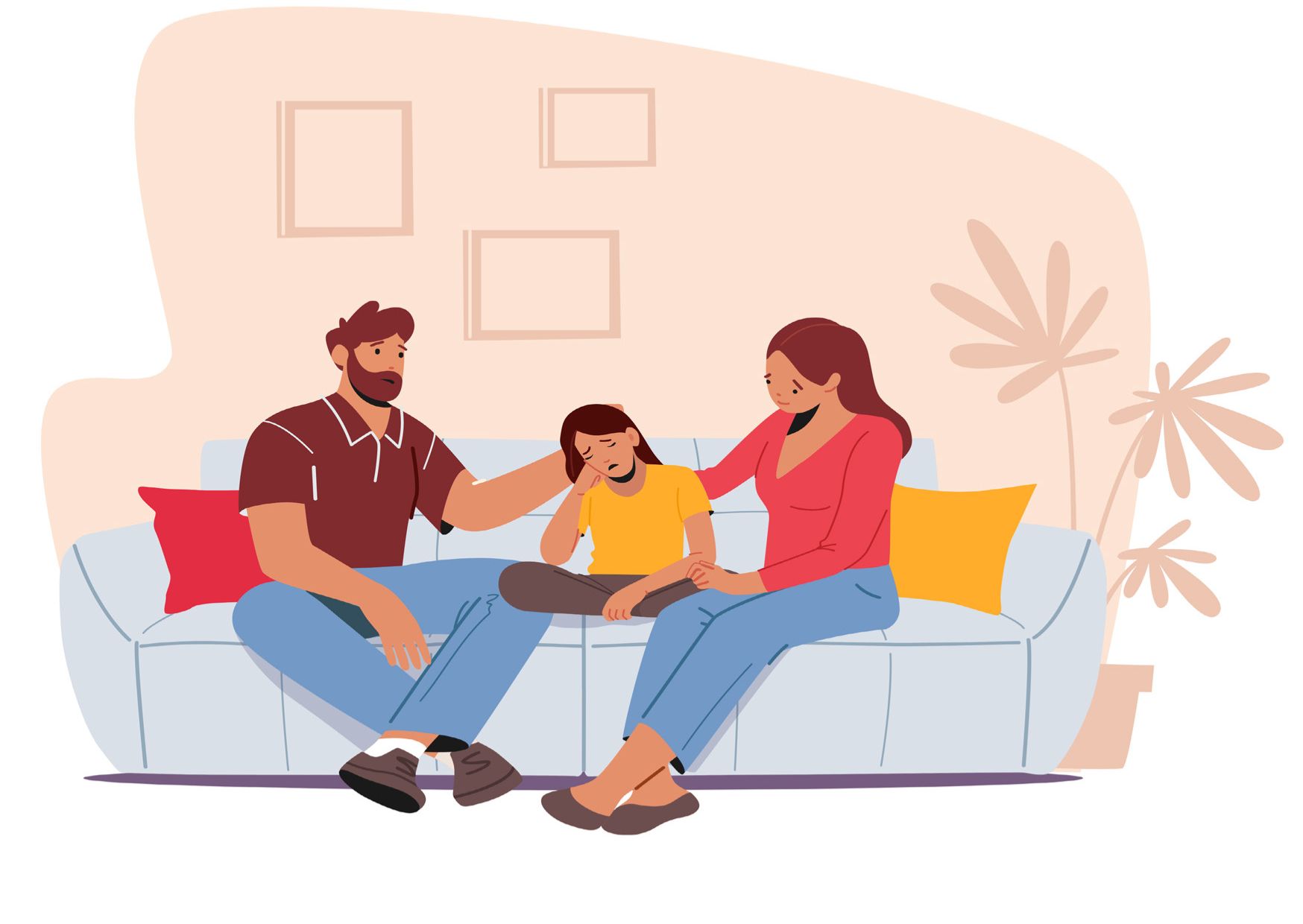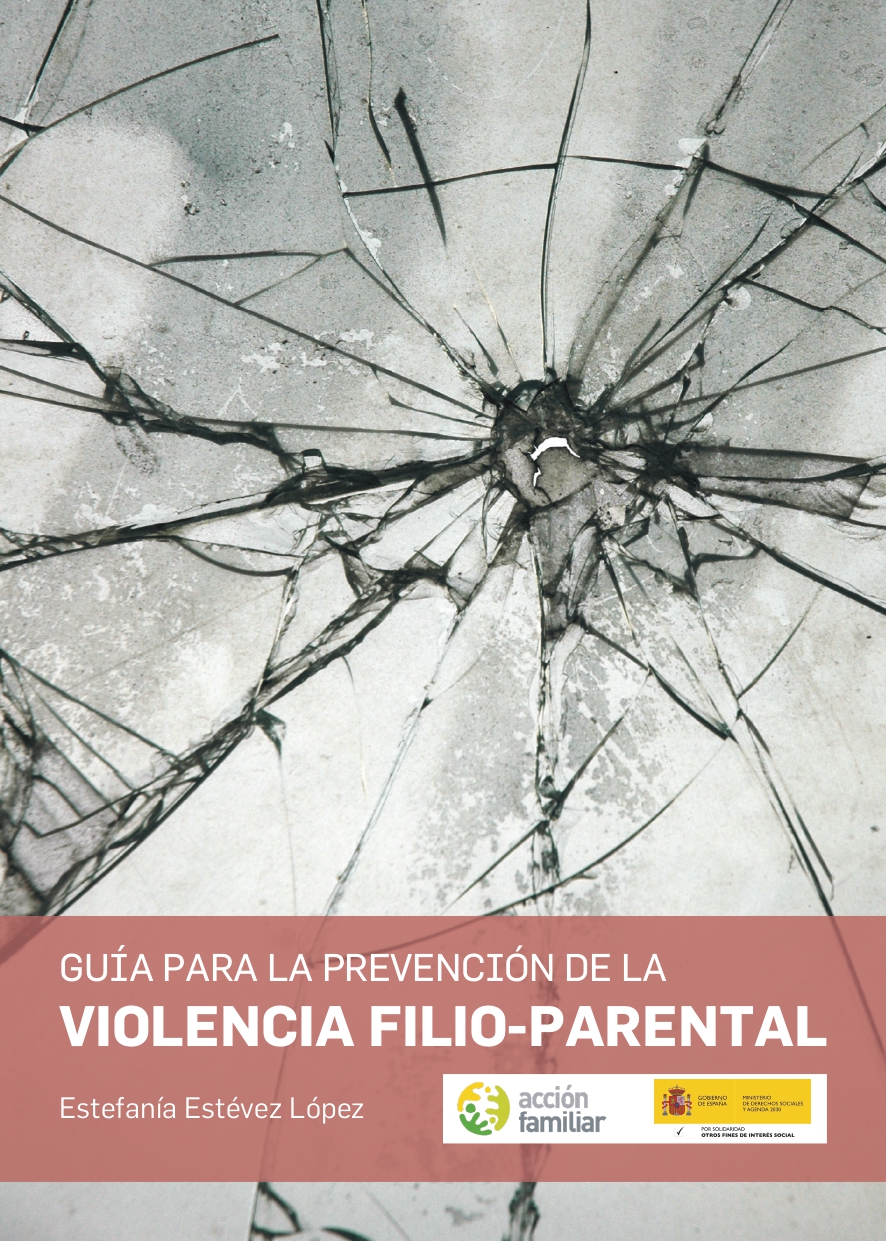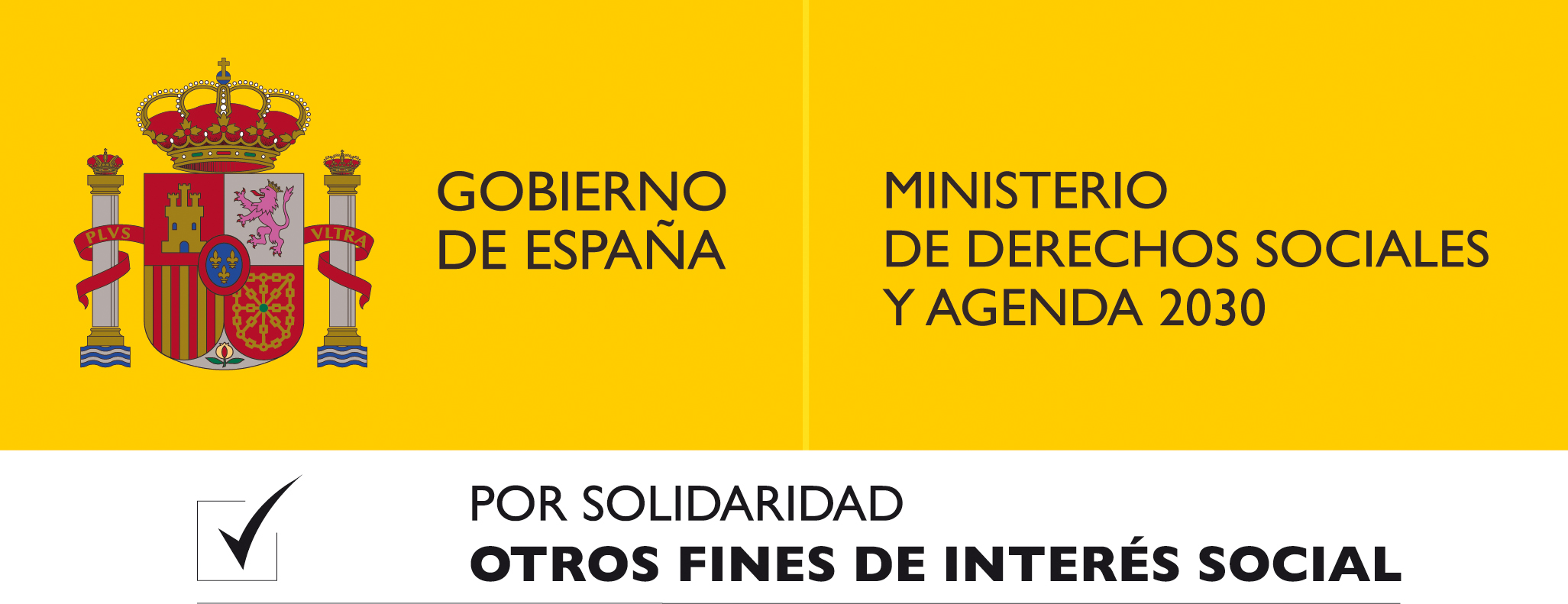
How to mitigate conflicts with teenagers?
There are at least two fundamental family resources that allow not only prevent conflicts between parents and adolescent children, but also, foster emotional ties and promote the well-being and emotional adjustment of family members. These two resources are: (a) positive and empathetic communication versus the absence of communication or hurtful and derogatory expression, and; (b) the democratic style in social interactions.
-
Family communication
Faced with dysfunctional strategies to resolve conflicts and arguments, there is a fundamental option with clear beneficial effects: fluid, respectful and effective family communication. It is very important that fathers and mothers communicate with their children using clear, precise and useful messages, making themselves understood rather than speaking vaguely or imprecisely, which increases the likelihood that information will be misinterpreted.

Another recommendation is that, to the extent possible, caregivers try not to diverge in their approaches, reasoning and educational decisions, so that congruence and agreement is guaranteed in the messages they are going to transmit to their children and in the behavior and values they want to instill in them. For example, it is advisable that both adults do not disavow themselves from each other in front of their children, since this makes it difficult for boys and girls to properly assimilate the information.
Negotiation is essential to resolve conflicts and represents the best way to achieve agreements where all parties involved benefit and are satisfied with the result. To do this, parents and children must adopt a positive view of the problem, listen and put themselves in the other person’s shoes, recognizing their arguments, emotions and feelings and expressing yours, as well as their alternatives and possible solutions.
Negotiation is essential to resolve conflicts and represents the best way to achieve agreements.
In other words, negotiation requires positive and open communication. This allows creating a more relaxed and friendly atmosphere where everyone is more likely to feel understood and respected. In order for understanding and support to be perceived, it is also necessary to avoid blaming the other for the conflict situation and assume the share of responsibility that each of the parties has.
We know that children from families where there is a positive environment and climate, characterized by emotional communication between its members, the low frequency of conflicts and the use of appropriate strategies to resolve them, show much fewer problems on multiple levels. : better self-esteem, better academic performance, fewer emotional problems such as depression or anxiety, fewer behavioral problems, less substance use, greater tolerance for frustrating situations, higher quality friendships, and more positive relationships with parents and other adults like the teachers.
In short, a family that listens and communicates positively and effectively promotes cognitive, emotional and social development of adolescent children, and lays the foundations for peaceful coexistence.

-
Democracy as a parenting style
Extremes in education are not effective: nor unilateral imposition in an authoritarian environment, nor excessive laxity in a context without limits, have proven to be adequate for the emotional and behavioral adjustment of boys and girls. Between that black and white, we find the middle ground of democracy, which implies that rights and duties exist in a family.
The democratic style is the middle ground that implies that rights and duties exist in a family.
In all families and for all fathers and mothers we can observe moments of imposition or laxity that depend on the circumstances, needs, or the developmental stage of the child, but it is not convenient for these educational styles to be the norm in a home. . There is currently no doubt among education and psychology professionals that the democratic style is the one most commonly found, tightly related to the present and future well-being of the entire family system.
Thus, the democratic family model seems to be the most conducive to promoting the development of children’s personalities and stimulating their abilities, social patterns, communication skills, and respectful behavior.

This effectiveness of the democratic style is especially evident in the case of adolescent children, for whom the family norms and rules used during previous stages may have stopped working, indicating that it is time to negotiate with the child the degree of supervision and control exercised by the parents. fathers and mothers within a framework of affection and support, to the detriment of the unilateral imposition of decisions by them, as we have been commenting on in previous sections.
In fact, one of the main characteristics of democratic fathers and mothers that has been linked to their educational success is precisely the fact that they establish sensible expectations and clear standards, realistic and consistent for the child’s developmental stage, which allows them to know at all times what is expected of them, thus reducing family conflicts.
In short, opting for democracy in the family means giving the adolescent a voice and recognizing that they have a series of rights and duties. The rights are mainly related to the gradual provision of greater independence in the actions of the child, and the duties are exercised with reasonable, non-arbitrary control and to a certain extent negotiated with the adolescent.
If these rights and duties are manifested in an emotional context, where the participation of all family members takes precedence and the open expression of opinions and feelings is promoted, the prevention of tyrant and aggressive behavior will be much more guaranteed.
Adolescents, in their process of abandoning the child they were yesterday, value that they are listened to and their points of view are taken into consideration, as well as that they are motivated to participate in family discussions and that interest is shown in their lives. daily.
When fathers and mothers offer these opportunities, they are promoting in their children the empowerment of psychological resources as important as self-esteem and empathy, the perception of self-worth, learning appropriate conflict resolution strategies, and assuming responsibility.

1st edition 2023 – Financed by:




